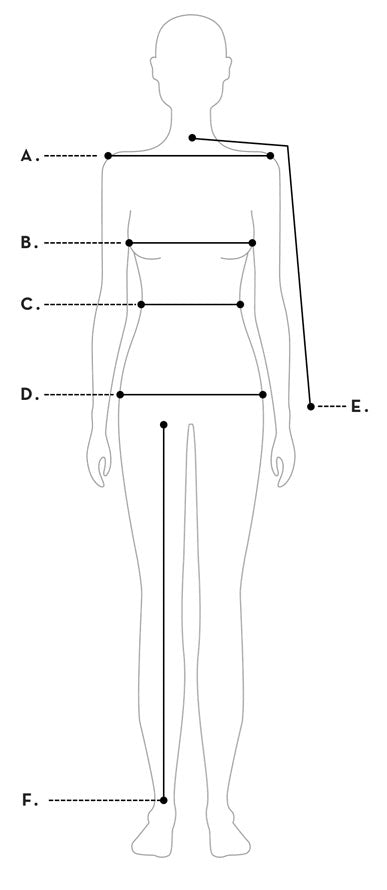
Artwork by Amanda K Bailey
Women’s Alzheimer’s Movement at Cleveland Clinic
Guide: 10 Ways to Boost Brain HealthTop Tips
What we eat affects our brains, hormone levels and menopause symptoms. A diet rich in fatty fish, fruits, vegetables and nuts can help reduce inflammation, improve brain health and potentially help prevent dementia and Alzheimer’s disease. (Get recipes from WAM here.)
Women are less likely to exercise regularly than men. But moderate daily exercise can delay or reduce the risk of Alzheimer’s disease, and also creates physical changes to our brains that can help protect against dementia.
Women have more trouble sleeping than men, but sleep is vital because that is when our brains remove toxins and proteins that could lead to Alzheimer’s. Our brain needs at least 7-8 hours to go through its cleansing cycles.
Heart disease is the number one cause of death in women, and is a risk factor for cognitive decline. A healthy diet, managing stress levels and keeping a healthy weight can protect both our hearts and our brains.
2 out of every 3 brains that develop Alzheimer’s belong to women–and women of color are at even higher risk.
Keeping our brains active may help reduce our risk of dementia. The key is to challenge your brain. Read a complex book, learn to play an instrument or a new game—anything that stimulates your brain can help build up an ability to ward off cognitive decline.
Vitamins A, C, and E may help reduce oxidative stress in women’s brains, which are vulnerable to inflammation and stress. These powerful vitamins can also help alleviate symptoms of menopause.
Stress raises cortisol levels, which can lead to memory impairment, especially after menopause. So meditate, sleep, exercise, and engage in social interaction—women are more likely than men to be impacted by loneliness and lack of support.
The brain and gastrointestinal system are connected. You can nurture healthy gut microbes by keeping insulin levels in check and by eating less sugar, fewer processed foods, and more fiber and fermented foods.
Menopause occurs over several years, and can lead to hormonal imbalances in women, with perimenopause often beginning in mid- to late 40’s. These imbalances can lead to brain fog, memory lapses, and other troubling effects. Talk to a doctor about hormone therapies.
Women are twice as likely as men to have anxiety and depression, and many develop depression during menopause. This could impact memory and result in an increased risk for Alzheimer’s. If you are depressed, talk to a doctor right away, as there are many treatment options available.

